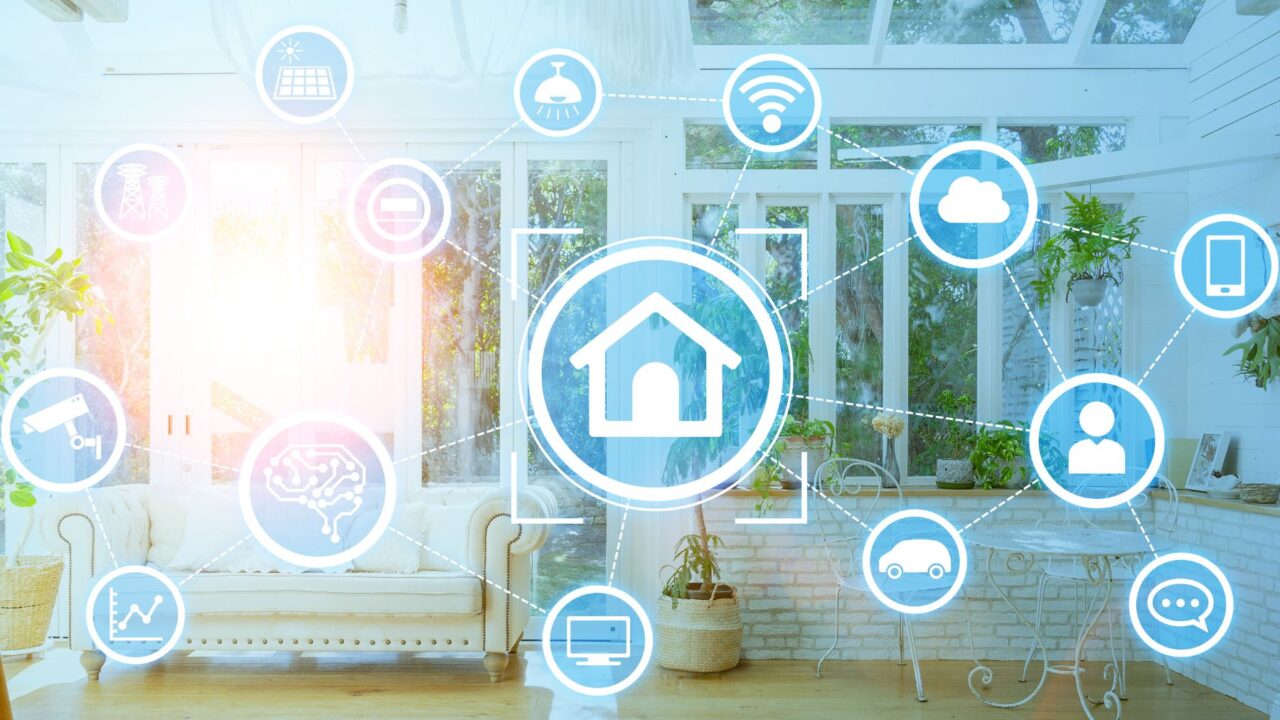Best Water Softener System for Home / Residential in San Antonio Texas
- No commission on sales at the final price.
- Make an investigation.
- Better equipment at lower costs.
Get Prices by Calling! We will be pleased to provide a phone quote.
Finance Available with Credit Approved!
Best Water Softener System for Home / Residential in San Antonio Texas

Hard Water? Soften the Blow with a Residential Water Softener
Is your morning shower more gritty than invigorating? Do your dishes emerge from the dishwasher with a stubborn film? Are your appliances groaning under the strain of limescale buildup? If you answered yes to any of these, you’re likely the victim of hard water. But fear not, weary homeowner! A residential water softener can be your knight in shining armor.
Hard water, packed with minerals like calcium and magnesium, wreaks havoc on your home and your comfort. It leaves behind unsightly scale deposits, reduces cleaning efficiency, and shortens the lifespan of your appliances. But a water softener acts as a filtration system, trapping these minerals and replacing them with harmless sodium ions. The result? Soft, luxurious water that transforms your daily routine.
With a variety of water softeners on the market, it’s important to choose the right one for your needs. Consider factors like:
- Water hardness: Get your water tested to determine the level of hardness and choose a softener with sufficient capacity.
- Home size and water usage: Select a softener sized for your household’s water consumption.
- Type of softener: Salt-based softeners are the most common and effective, but salt-free options are also available.
Investing in a residential water softener is an investment in your home and your well-being. Enjoy softer skin, cleaner dishes, and longer-lasting appliances. Say goodbye to hard water woes and hello to a softer, smoother, more satisfying water experience.
Remember, soft water is an investment that pays off in countless ways. So don’t wait any longer, experience the difference a water softener can make!
We are a qualified water treatment professionals and have The Best Water Softener System for Home / Residential in San Antonio Texas. Contact us to discuss your specific needs and find the perfect water softener for your home.
Understanding Residential vs. Other Household Water Softener Demands

When embarking on the quest for the Best Water Softener System for Home / Residential, homeowners and property managers alike face a myriad of choices that can often seem as complex as the water itself. The water softener that fits seamlessly into a family home may not be the ideal solution for other household settings such as multi-family dwellings or rental properties. To make an informed decision, it’s crucial to understand the differences between residential and other household water softener needs.
Residential Water Softener Needs
At the heart of every private residence is the desire for quality, comfort, and convenience. Residential water softeners are designed with the individual homeowner in mind, focusing on attributes that enhance daily living:
- Capacity: The average family home requires a water softener that can handle a moderate amount of hardness without frequent regeneration cycles. Capacities range to accommodate various household sizes and water usage patterns.
- Efficiency: Homeowners often prioritize water softeners that are efficient in salt and water usage to lower operating costs and environmental impact. High-efficiency models are designed to minimize waste while still providing the soft water families enjoy.
- Maintenance: Ease of maintenance is key for residential units as homeowners may prefer a ‘set it and forget it’ approach. User-friendly interfaces, simple salt replenishment, and low maintenance demands are highly sought after.
- Space: The available space for a water softener is often limited in a residential setting, necessitating compact units that can fit into smaller areas such as basements or utility closets without disrupting the living space.
- Aesthetics: While not a primary concern, the visual appeal of a water softener can be important for homeowners, leading to the development of sleeker, more visually appealing units that don’t detract from the home environment.
Other Household Water Softener Needs
In contrast, other household scenarios such as apartment complexes, condominiums, or rental properties often have a distinct set of requirements:
- High Demand and Durability: Multi-family units or rentals experience a higher and more varied water usage. Water softeners in these settings must be robust, with higher capacity and the ability to withstand constant use.
- Centralized Systems: Instead of individual units, larger buildings may employ centralized water softening systems that serve multiple households. These systems require professional installation and a more complex setup to ensure consistent water quality across all units.
- Cost-Effectiveness: Budget constraints are a significant factor in these settings, with a focus on long-term cost savings through durability and lower operational costs over the lifespan of the unit.
- Regulation Compliance: Water softening solutions in multi-unit dwellings must comply with specific regulations that govern water treatment systems. This can include restrictions on discharge and adherence to local water conservation efforts.
- Management and Accessibility: Accessibility for maintenance and monitoring by property management is crucial as these systems often service multiple families and require routine checks to ensure they function properly without interruption.
Conclusion
In summary, while the fundamental purpose of a water softener remains constant—to eliminate the detrimental effects of hard water—the needs of a residential water softener vastly differ from those of other household scenarios. Homeowners typically seek efficiency, convenience, and minimal maintenance in a compact form, while multi-family and rental properties necessitate high-capacity, durable, cost-effective systems with a focus on accessibility for management and regulatory compliance.
Whether you’re looking to invest in the comfort of your family home or ensure the satisfaction of multiple residents in a larger complex, pinpointing these differences will lead to a more tailored and successful water softening solution. Remember, the right choice in water treatment not only protects your pipes and appliances but also elevates the quality of life for all who rely on that crisp, clean, softened water.
Different types of residential water softeners

Residential water softeners are essential for homeowners grappling with hard water—a common plight characterized by elevated levels of calcium and magnesium. These minerals can wreak havoc on plumbing systems, appliances, and can even affect laundry and personal care by leaving behind a stubborn residue. To combat these issues, a variety of water softener systems have been developed. In this article, we’ll explore the different types of residential water softeners available on the market, providing you with the information you need to make an informed decision for your home.
1. Ion Exchange Softeners
Undoubtedly the most prevalent, ion exchange softeners are the traditional workhorses in the water softening arena. These systems operate on a simple principle: they exchange the hardness ions (calcium and magnesium) in the water with sodium or potassium ions. The core of an ion exchange softener is its resin tank filled with resin beads that carry a negative charge. As hard water passes through, the positively charged calcium and magnesium ions are attracted to and held by the beads, while the sodium or potassium ions are released in exchange.
These systems require a periodic regeneration process, wherein a strong brine solution flushes through the resin tank, washing the collected hardness ions down the drain and recharging the beads with sodium or potassium ions. While highly effective, this type of softener does increase the sodium content of the water, which might be a concern for those on low-sodium diets.
2. Salt-Free Water Softeners
A misnomer in the strictest sense, salt-free systems are actually water conditioners rather than softeners. These units don’t remove hardness minerals from the water; instead, they transform these minerals through a process called Template Assisted Crystallization (TAC), which changes their structure into a hardness crystal that won’t stick to surfaces. This means you won’t see the traditional benefits of softened water, such as lathering soaps, but you will prevent scale buildup in pipes and appliances. Homeowners who are cautious about sodium intake and environmental impact often favor these systems.
3. Dual-Tank Water Softeners
When uninterrupted soft water is a must, dual-tank softeners are the standouts. They operate on the same ion exchange principle but come with two resin tanks. While one tank is in service, the other regenerates, ensuring a constant supply of softened water. This system is ideal for larger households or those with high water usage. The downside is the larger footprint due to the additional tank, which may not be suitable for all homes.
4. Magnetic and Electronic Water Descalers
Relatively new to the scene, these systems use magnetic or electronic fields to alter the electromagnetic properties of the hardness-causing minerals. The theory is that by changing the minerals’ electromagnetic properties, they remain suspended in the water and are less likely to adhere to surfaces. However, the scientific community is still divided on the efficacy of these devices, and their performance may vary widely depending on the specific water chemistry and flow rate.
5. Reverse Osmosis (RO) Softeners
Though primarily known for their filtration capabilities, reverse osmosis systems can effectively reduce water hardness. An RO system forces water through a semipermeable membrane that filters out an impressive array of contaminants, including hardness minerals. These systems are often installed under the sink to treat drinking water, but whole-house RO systems are also available. The main drawback is the waste of water associated with the filtration process and the removal of some beneficial minerals along with contaminants.
In Conclusion
Selecting the right water softener for your residence hinges on a clear understanding of your water’s hardness level, your household’s water consumption, and any dietary or environmental considerations. Ion exchange softeners offer a tried-and-true solution for complete water softening, while salt-free conditioners provide an alternative for those looking to prevent scale without altering the water’s mineral content. For uninterrupted soft water supply, dual-tank systems are unmatched. On the cutting edge, magnetic and electronic descalers present an innovative, though still disputed, approach. Lastly, reverse osmosis systems can deliver soft and highly purified water for those who prioritize contaminant removal.
Whichever system you lean towards, it is crucial to consult with a water treatment professional who can provide a thorough water analysis and guide you toward the right system for your specific needs, ensuring that you invest in a solution that will protect your home and improve your quality of life for years to come.

Whole House Filtration
Find out how you can have high quality purified water at home for your family or business.
Request a Free Estimate Today
Please use the form below to request a free estimate and we’ll be back in touch with you as soon as possible. Alternatively you can give us a call at (210) 960-2555 for immediate Pricing and scheduling.
Links that may interest you
- 30K Water Softener System for Home in San Antonio Texas
- Simple 45K - The Best 45K Water Softener System for Home in San Antonio Texas
- 60K Water Softener System for Home in San Antonio Texas
- Simple 80K Best Water Softener System for Home in San Antonio Texas
- Simple Twin 30 Water Softener System for Home
- Simple Twin 45 - Best Water Softener System for Home in San Antonio Texas
- Simple Twin 60 Water Softener System for Home in San Antonio Texas
- Simple Premier 30K Whole House Filtration
- Simple Premier 45K Whole Home Water Filtration and Softener Solution
- Whole Home Water Filters


